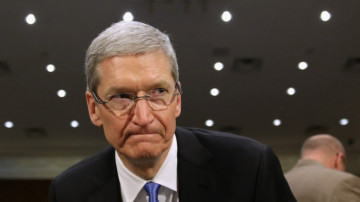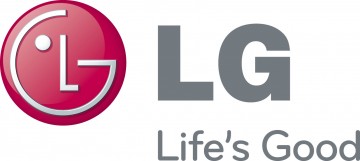 Hungarian Prime Minister Viktor Orban thought he was onto a money-spinner by taxing ISPs for each GB of data they shifted.
Hungarian Prime Minister Viktor Orban thought he was onto a money-spinner by taxing ISPs for each GB of data they shifted.
In a classic case of why politicians, who can barely understand how to programme their smartphones to tell if the call is from their mistress or their wives, should stay out of technology.
The Hungarian government thought they could make millions by taxing ISPs but when someone got a calculator and worked out that the tax would collect 120 per cent of ISP profits, kill off the internet in Hungary and relegate the country to an international backwater which time forgot, Hungarian politicians pressed on. After all, politicians in one of Europe’s most corrupt countries do not get rich by obeying the will of the people.
Now, it seems that things are coming unstuck. More than 100,000 Hungarians rallied on Tuesday night to protest at a planned tax on data traffic. It was by far the largest protest since his center-right government took power in 2010. It was re-elected by a landslide this year but there is growing concern that it is becoming increasingly authoritarian.
Orban’s government has imposed special taxes on the banking, retail, energy and telecommunications sectors to keep the budget deficit in check. However it has been screwing up profits in some parts of the economy and international investors are taking their cash elsewhere.
The internet data levy idea was first floated in the 2015 tax code submitted to the Central European country’s parliament last week.
The crowd, which was organized by a Facebook-based social network and appeared to draw mostly well-heeled professionals, marched through central Budapest demanding the repeal of the planned tax and the ouster of Orban.
Many protesters held up makeshift signs that read “ERROR!” and “How many times do you want to skin us?”
Zsolt Varady, an internet entrepreneur and founder of a now-defunct Hungarian social network iwiw.hu said that people were willing to pay for the internet because they knew, saw and felt that their lives were becoming better. “The Internet tax threatens the further growth of the Internet as well as freedom of information,” he said.
The government had planned to tax internet data transfers at a rate of 62 cents per gigabyte. After analysts calculated this would total more than the sector’s annual revenue and an initial protest drew thousands on Sunday, Fidesz submitted a bill that capped the tax at $2.89 forints per month for individuals and $200 forints for companies.
That did not make things much better. Protesters said there was a perceived mismanagement of the economy and a recent dispute with the United States over alleged corruption of Hungarian public officials.
The European Commission has criticised the proposed tax which it said just took cash without achieving a wider economic or social interest.
 Andy Rubin, co-founder of the Android mobile business and head of its robotics effort is leaving Google.
Andy Rubin, co-founder of the Android mobile business and head of its robotics effort is leaving Google.


















